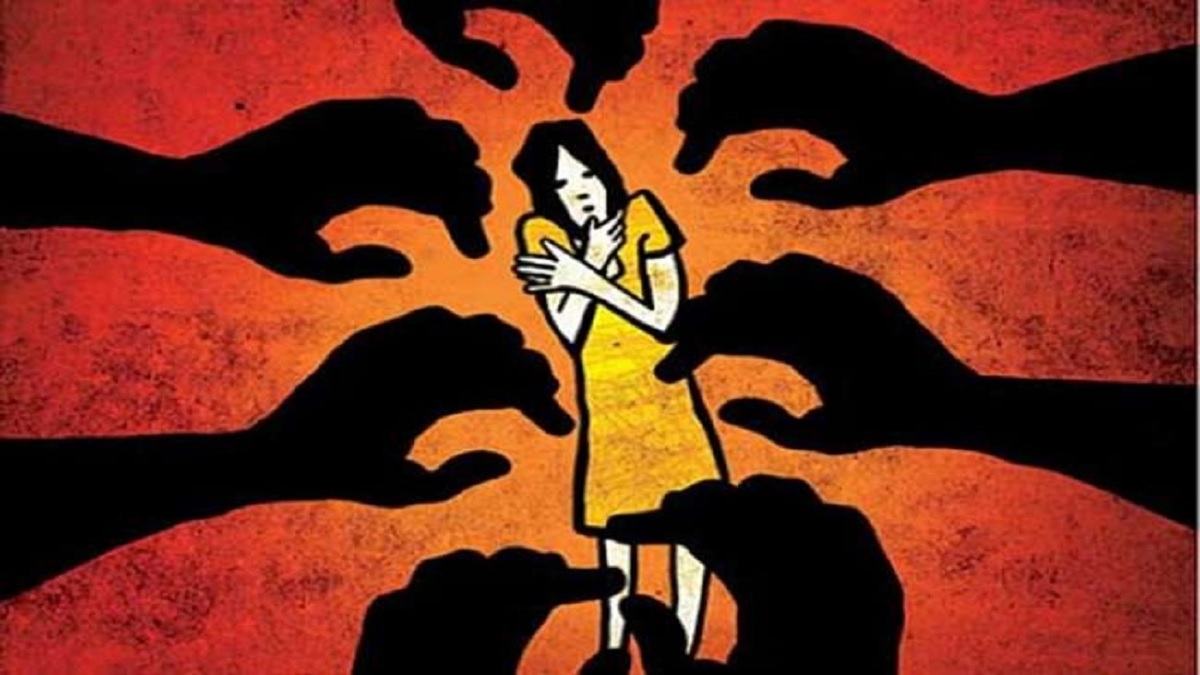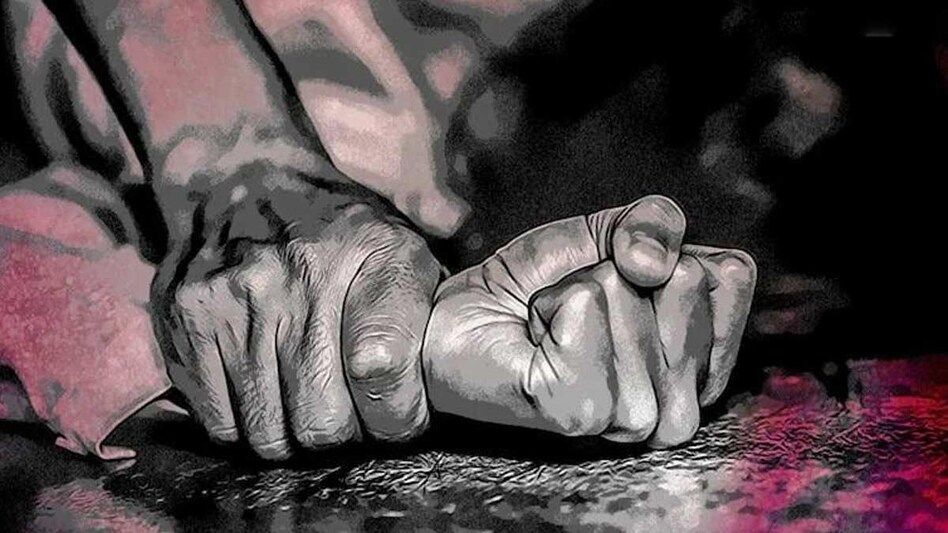The history of rape is a complex and multifaceted topic, spanning different cultures and periods. Rape, defined as non-consensual sexual intercourse or penetration, has been a pervasive problem throughout history and has been viewed and dealt with in a variety of different ways.
In ancient societies, rape was often viewed as a crime against property rather than against the individual. For example, in ancient Rome, rape was viewed as a violation of a man's property rights over his wife or daughter, rather than as a violation of the woman's autonomy or bodily integrity. Punishments for rape were often monetary, and the victim's consent was not considered relevant.
In medieval Europe, rape was considered a crime against the honour and reputation of a woman's family rather than against the woman herself. Women were often blamed for being raped and were seen as having lost their honour and virtue. Rape was often punished by forcing the perpetrator to marry the victim to restore her honour and reputation.
During the colonial era, rape was used as a tool of conquest and domination by European colonizers. In many cases, colonizers would rape indigenous women to assert their dominance and power over the native population. This practice continued well into the 20th century, with cases of rape and sexual violence being committed during the Korean War and the Vietnam War.

In modern times, the feminist movement has brought attention to the issue of rape and sexual violence, and has worked to change the way that rape is viewed and dealt with. Feminist theories of rape focus on the power dynamics between men and women, and argue that rape is a way for men to exert their power and control over women. Other theories of rape focus on the psychological motivations of rapists, and argue that rape is often a way for men to deal with feelings of inadequacy, powerlessness, or anger.
In recent years, there has been a growing awareness of the prevalence of rape and sexual violence, and efforts have been made to change the way that rape is viewed and dealt with. Laws have been changed to make it easier for victims to come forward and report their experiences, and there has been a greater emphasis on educating the public about the importance of consent and the importance of respecting the bodily autonomy of others.
Despite these efforts, rape and sexual violence continue to be a pervasive problem in many societies around the world. Addressing the issue of rape requires a multifaceted approach that involves changing cultural attitudes toward gender and sexuality, providing support and resources for victims, and holding perpetrators accountable for their action.

Comments